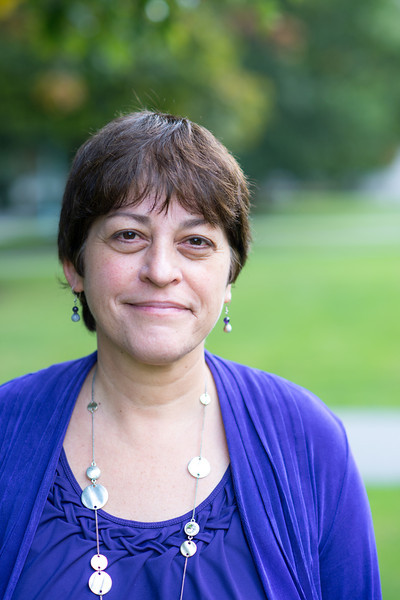Advice
What Is it That You Know When ‘You Know’?
By Marcy Kraus, dean of freshmen and director of the College Center for Advising Services

“I studied all night for my exam and didn’t do very well!”
“I can’t figure out what the professor wants me to learn.”
“There are so many things to remember. How can I possibly memorize all of this?”
“But I always did well in high school!”
In the last few weeks, our new students have experienced their first college exams. Some feel pretty good about the outcomes but many are surprised and even disappointed by their grades.
While a few will insist on blaming their professors, most will learn first hand what we mean when we say that college is different from high school. Successful college students will have an aha moment when they realize that three hours spent with a textbook is not to be confused with three hours of studying. And indeed, that studying is not about memorization (although that can be important in some cases).
Ideally, these first college exams are opportunities to evaluate the study and learning strategies that worked so well last year in high school and identify what’s useful and what might need to be repaired or replaced.
Years ago as a graduate student teaching introductory psychology, I regularly met with a handful of students after every exam. The conversations went something like this: “I studied really hard and I felt like I knew everything from the lectures and the textbook. I have no idea why I did so poorly.”
From these conversations, a dissertation topic emerged, and I used the opportunity to explore the concept of metacognition, essentially what you know when you say “you know.”
Recognizing that all knowledge isn’t created equally (think Bloom’s Taxonomy, named for the standard text, Taxonomy of Educational Objectives: The Classification of Educational Goals, first edited by educational psychologist Benjamin Bloom), successful college students must first learn what they need to learn.
Is the professor asking me to recall facts? Will the professor want me to compare and contrast two competing theories? Is the professor going to ask me to come up with a hypothesis?
Good students learn quickly that it is important to dig beneath the surface of the lecture and engage actively with the content of their course material.
Understanding how to approach college-level work requires good strategizing: What is the professor spending time on in class and why? What are the connections between the text assigned for this class and the lectures I am listening to? What are other ways to explain these phenomena?
When it isn’t clear how to learn what to learn, approaching the professor with specific questions about the lecture notes or missed problems on the exam will provide more useful advice than saying to the professor “I don’t understand what’s going on.”
Seeking advice from a teaching assistant, peers who have succeeded in the course, tutors, and classmates will often help students develop new strategies for improving their studying and learning.
Students will also find it valuable to talk with a study skills consultant in the Center for Excellence in Teaching and Learning (CETL) and to review CETL’s online study skills resources. While individual students’ study techniques vary, there are many “best practices” that help hard working students work more successfully.
